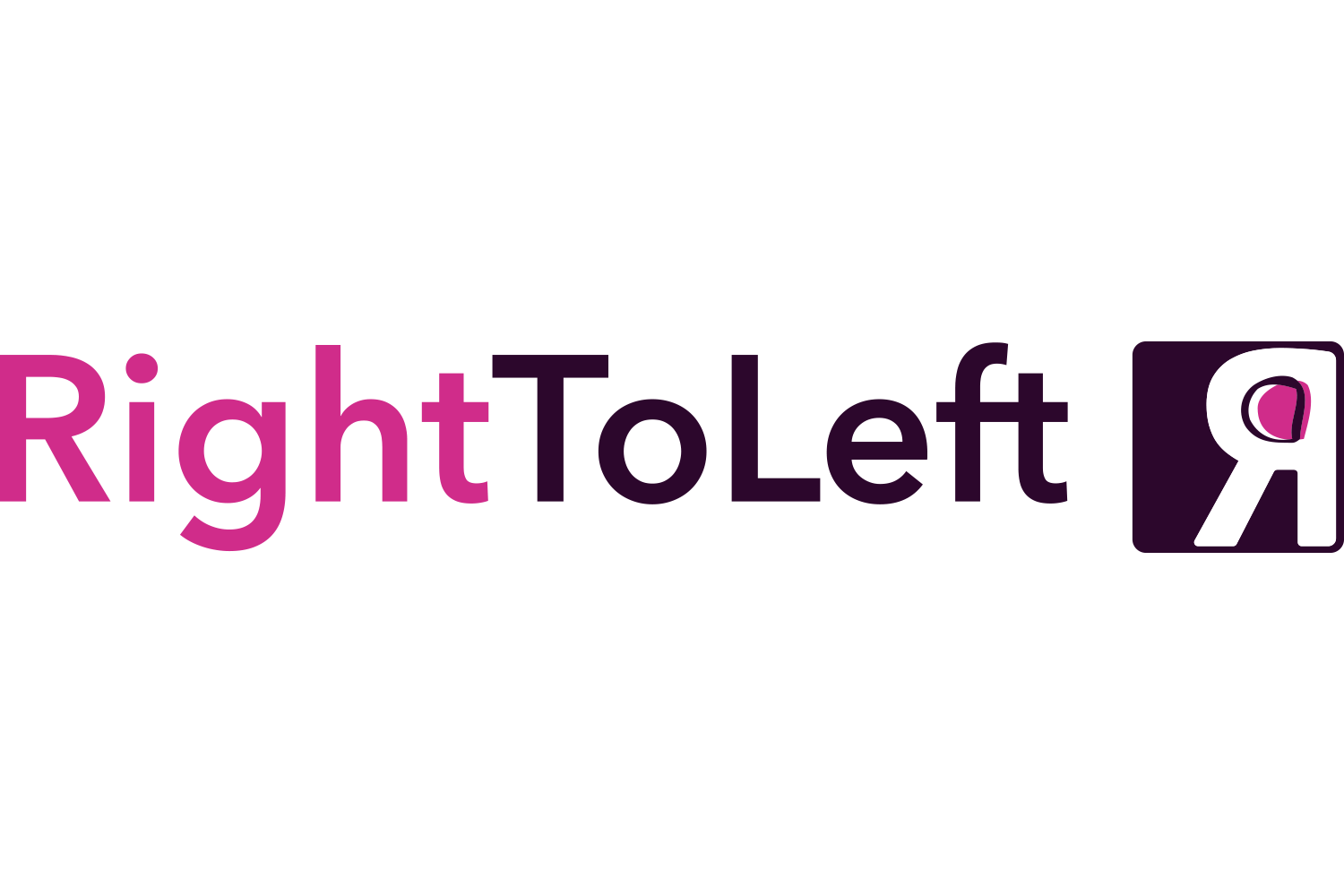How to build continuous habits in product management
The world of product management can be a rewarding yet challenging environment. You know how the saying goes: "Product is hard." For a Product Manager to thrive, developing personal and professional growth habits is essential. As with any self-development goal, the key to maintaining these habits is resilience and constantly pushing forward despite setbacks.
Habit building is crucial in establishing a solid foundation for success in product management. It is, after all, a dynamic role driven by curiosity and continuous learning. By focusing on creating and maintaining effective habits, product managers can enhance their skill set and learn to adapt faster. When nurtured over time, these habits provide a sense of stability and direction, enabling product managers to navigate challenges and achieve their goals with greater ease.
Identifying and prioritising habits
When building new habits as a product manager, aligning these with whatever professional goal you might be trying to reach is essential. By adopting targeted habits, your daily actions will contribute to your overall success and drive meaningful progress. Think of it as managing a product and ask yourself: what problem are I trying to solve?
Here are some examples of effective habits that product managers might consider cultivating:
Continuous learning: Stay up-to-date with industry trends, best practices, and new tools. Many product leaders actively share their experiences - feel free to learn from them!
Networking: Connect with fellow product managers and industry professionals to expand your knowledge base and opens up opportunities for collaboration and career advancement.
Reflecting on successes and failures: Regularly assess your performance to identify areas for improvement. Not everything will always go to plan, so it's essential not to be hard on yourself. Instead of seeing it as a problem, see it as an opportunity to learn and grow.
By being proactive in your learning journey, you'll be better equipped to anticipate changes and innovate within your role, whether you're an aspiring PM or an experienced product leader. If this sounds too much work, remember that habit-building takes time and consistency, so don't expect overnight results. Embrace the journey and recognise that each step brings you closer to improving your craft.
Developing and tracking habits
To successfully adopt new habits, it's essential to break them down into manageable and achievable steps - this will make the process less overwhelming. For instance, if your goal is to improve your knowledge of a specific product management framework, you might start by dedicating 30 minutes daily to reading articles or watching videos.
Accountability is another crucial factor in habit development. You can use tracking tools like habit trackers or journaling to monitor your progress. Celebrate milestones and recognise your progress, no matter how small. (You should check out Mindstone, we've been using it here, and it's excellent!)
Building habits does not happen overnight. It's ok to stumble, drop things, and try again. It takes 66 days to build a new and consistent habit, so be kind to yourself.
If you are genuinely interested in starting this journey and are willing to dedicate the time and effort, I highly recommend the book "Atomic Habits" by James Clear.
The Role of Leadership in Employee Growth
Leadership plays a significant role in their team members' personal and professional development. Offer mentorship and guidance by sharing your insights and expertise to help team members navigate challenges and make informed decisions. Provide opportunities for learning and development by encouraging team members to attend workshops, conferences, and training sessions, helping them grow professionally and benefiting the company by bringing new ideas and skills to the team.
As a leader, it's also vital to consider coaching for yourself. The best leaders have coaches (even Steve Jobs did!) to help, support, and challenge them as they navigate their growth. Getting a coach can be part of building a habit, as you'll have someone to help keep you accountable at every step.
Embracing resilience and overcoming challenges
At the risk of sounding like a broken record, this will be hard. Think of it like training for a marathon. The first few times you go for a run, it won't be easy until your body gets used to the habit. To quote Winston Churchill, "A successful man is a man that gets up after being knocked down with no loss of enthusiasm."
In product management, setbacks can take many forms, including project delays, budget overruns, or failed product launches. You can usually deal with these issues in two ways: be hard on yourself, or learn from the experience.
As a product manager working on building resilient habits, you're more likely to take the second path and embrace the mindset that enables you to see challenges as opportunities to improve rather than insurmountable obstacles. Recognise that setbacks are a normal part of the product management journey, that it isn't just about 'thinking positive' - but instead creating a process for yourself where you can stop to reflect and think about what you've learned from the experience.
Drawing upon his experience as a product leader and a coach, Dave Martin sat down to discuss building resilient habits with "The Product Experience", - the popular podcast show hosted by Mind the Product. Listen to it here.

